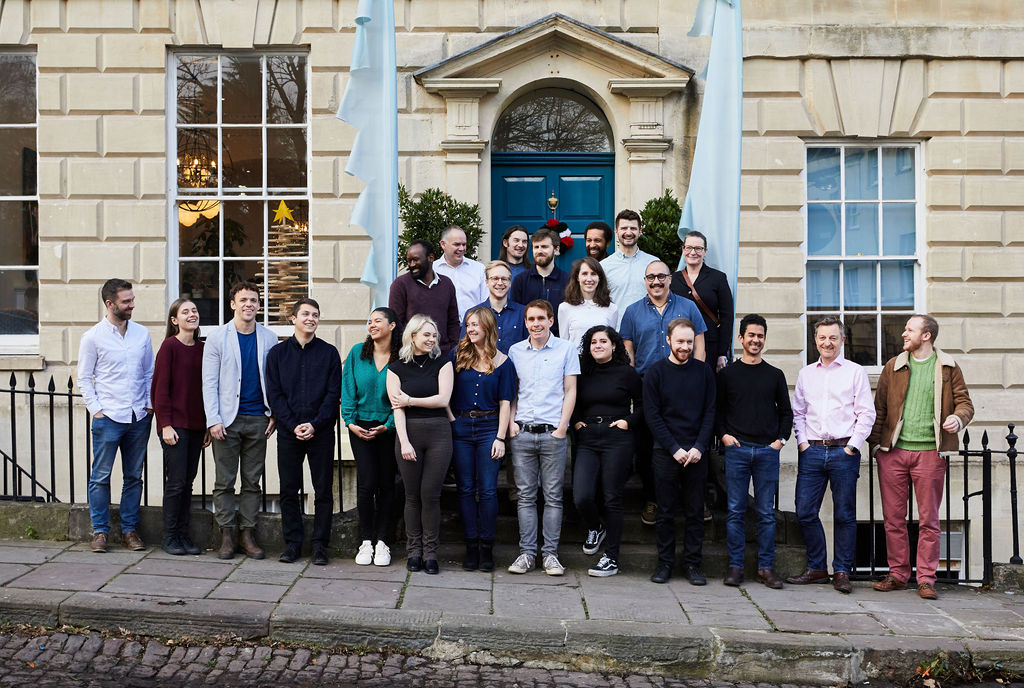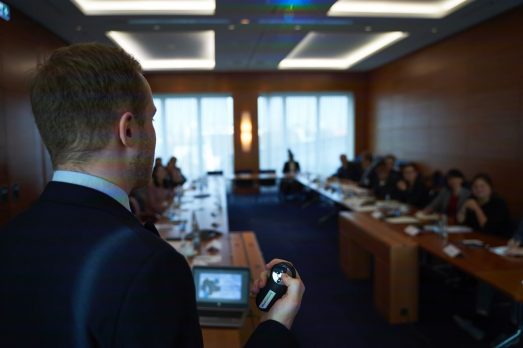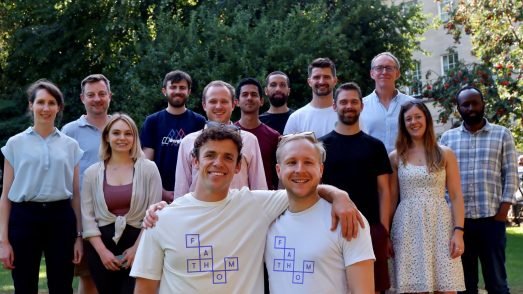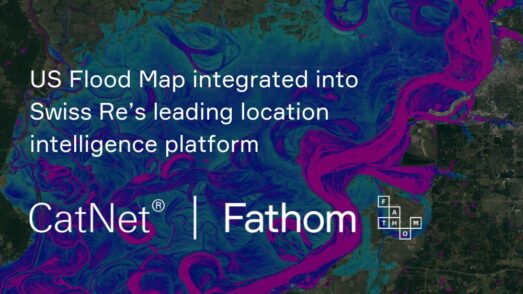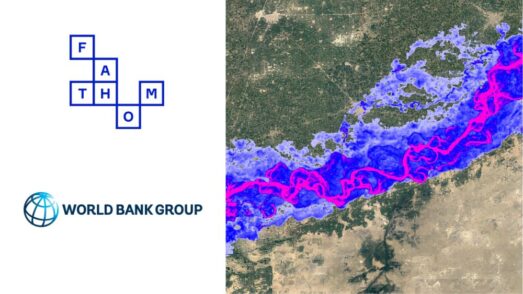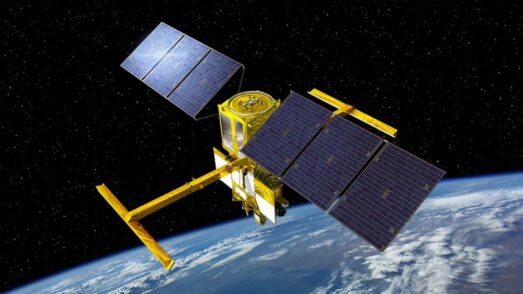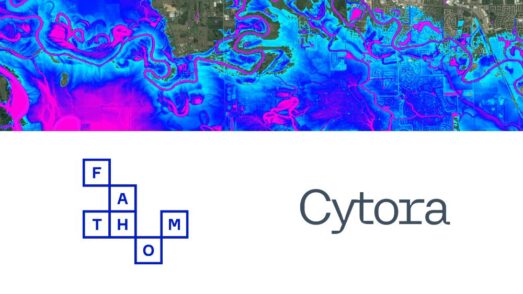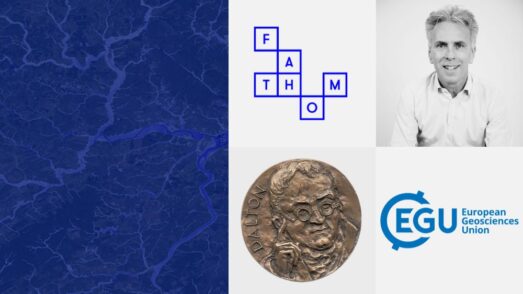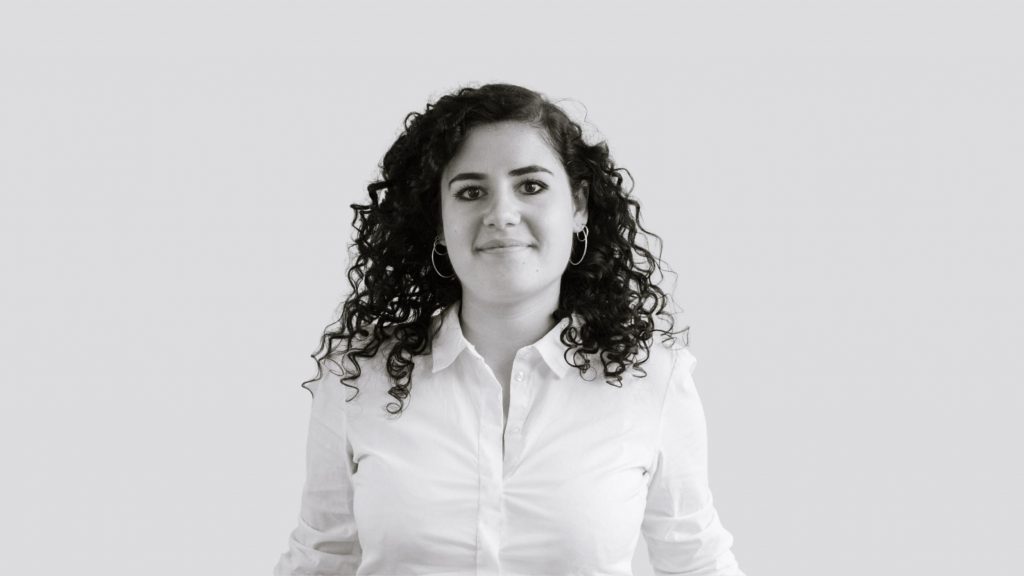
As part of Fathom’s ‘Meet the team’ series we talk to Gaia Olcese.
Could you tell us a little bit about your background and experience prior to joining Fathom?
I studied Civil and Environmental Engineering at the University of Genoa (Italy) where I got my undergraduate degree and then moved to Pavia to get my master’s degree in Environmental Engineering.
During my last year of university, I decided to apply for an exchange abroad through the Erasmus+ traineeship program and one of my professors put me in touch with Chris and Andy to do an internship at Fathom. I spent 5 months as an intern at Fathom, working on different projects and writing my thesis, and then decided to move to Bristol after my graduation.
What are the main areas that you work within?
I am now in the first year of my PhD in Physical Geography at the University of Bristol, sponsored by Fathom. My research project focuses on global stochastic flood modelling, specifically on how we can use hydrological model data to drive the spatial distribution of stochastic models instead of discharge from gauge data.
What is it like working for Fathom?
Ever since my internship, the Fathom team has been fantastic to work with. I really appreciate working with a team of scientists and being involved in research projects. It is a very dynamic workspace to be in and the flexibility of work hours makes it just perfect.
How have you found the transition to working from home during the pandemic?
It has been quite challenging, especially since I started my PhD in the middle of the pandemic and I haven’t been able to meet most of my peers at the university in person yet. Nevertheless, I learnt how to cook a great homemade pizza and my cats love having me home all the time, so I guess there was a positive side to this!
What do you see as the key challenges that Fathom face at the moment?
At the moment I am mainly focusing on how we can move towards building a global stochastic flood model that can allow us to simulate flood event sets in data scarce areas. It is a long term project and achallenging goal. The focus point of my current research is evaluating how the discharge data from hydrological models can perform in simulating spatial dependence in flood events globally, to determine if and where we can use such data to drive simulations.


